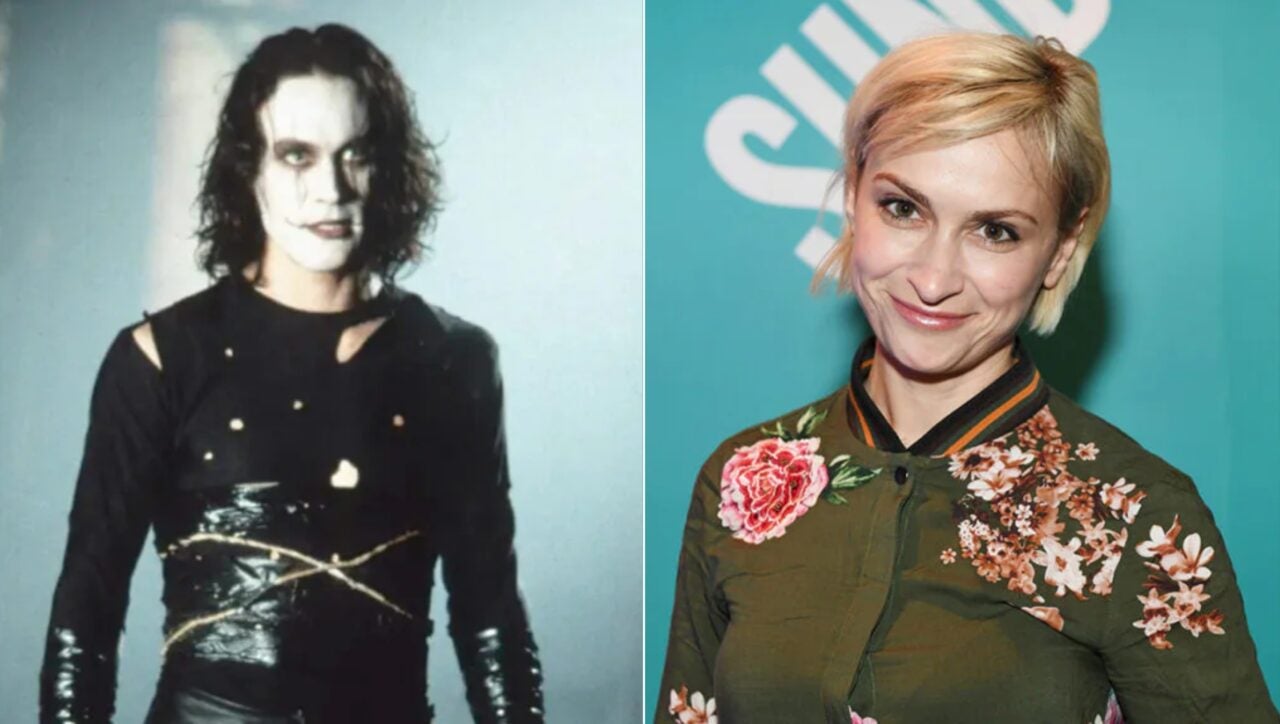Gold Lifetime
- Messages
- 28,118
- Reactions
- 75,605
That's a nice chapter you wrote there but he still shot someone. Also note that I said I wouldn't have pointed a gun at someone before I had any training. Most of us know better or there would be way more accidents.But this happens all the time in movies; guns are pointed at fellow actors and triggers are pulled. It is just that on a properly run set nothing actually happens and all the "bad stuff" associated with such an action is handles in post (or with other practical effects on set).
Remember, this is not just about guns, it is about every potentially dangerous object on set. Do you think every actor should know how to check a pneumatic jump pad? How about validate the safety of a drop rig? Maybe they should all be knowledgeable on the safety radius for a fireball mortar for any given load?
Actors cannot be expected to be proficient, or even base level competent, with every danger on set. Just because for you or I firearms handling is second nature does not mean it will be for every actor. They need to be able to rely on a certified safety manager for that device or situation, and if they are told that device or situation is safe when it clearly is not, that incident is less on the actor and more on the safety supervisor.
Baldwin was told the gun was safe. He was also given precious little direction on safe handling by the armorer. If he had been then he would be more culpable, but given the circumstances there is little difference between this situation and if he had been told to shoot at someone for a scene. The error is in set safety, and that falls to the armorer for the production, and to the producer who holds ultimate responsibility for set safety. It is that capacity that I think Baldwin should be charged (as well as his armorer as co-defendant), and he should be charged in that capacity even if he had not been the one to pull the trigger.
This is actually decently well established liability law for such productions. I do fear, given this precedent, that if he is charged in his capacity as an actor that he may escape the bulk of liability. And given how broadly our judicial system treats the concept of double jeopardy he may not be eligible to be tried under his more well established liability as the producer














